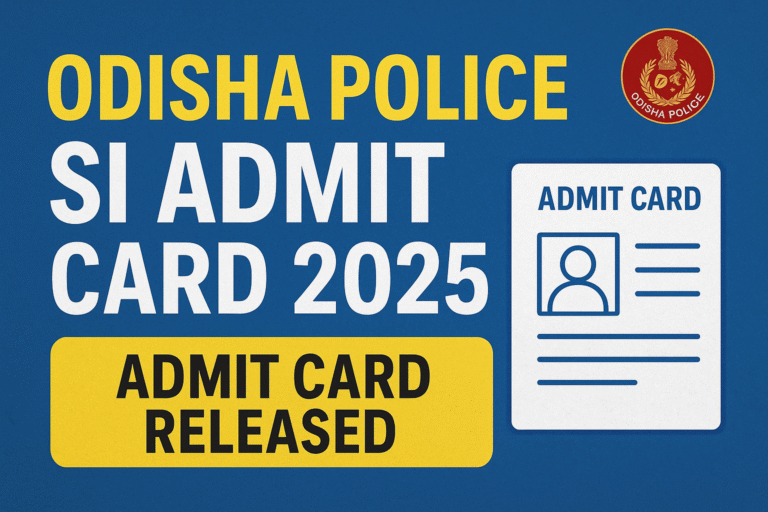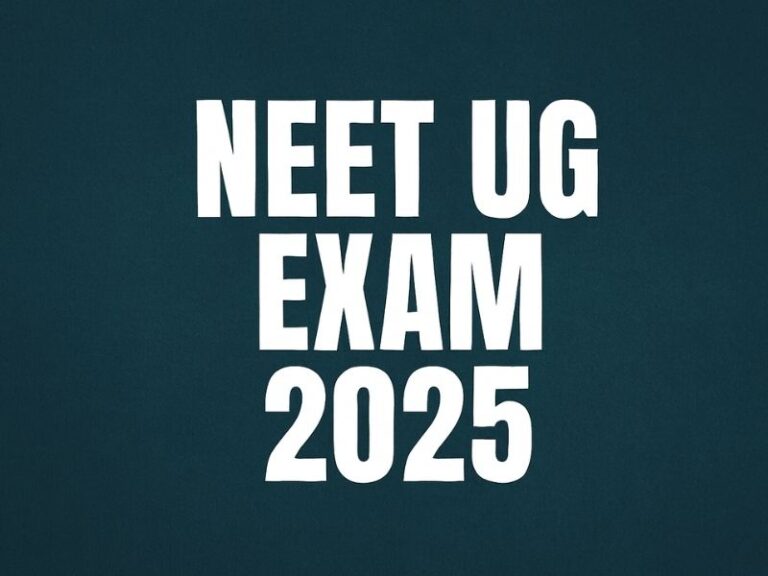In a major development for students aiming to pursue higher education in the United States, the U.S. Department of Education and Homeland Security is planning to introduce new rules and exams for international students. This includes stricter visa norms and a possible overhaul of the English proficiency test system. The reforms aim to ensure academic integrity, genuine intent, and better control over student immigration pathways.
Why the Change?
Over the years, the number of students entering the U.S. for education has increased significantly. While many come for legitimate academic reasons, there has been a rising concern over fake admissions, fraudulent documentation, and misuse of the F1 visa system.
To curb these malpractices, U.S. authorities have decided to revise the screening process, starting from the English proficiency exams to how visas are granted and monitored.
Key Points Highlighted in the Update
1. New Exam Framework Under Development
A newly designed English proficiency test is being discussed by officials to replace or supplement existing tests like TOEFL or IELTS. This new test would be administered under stricter guidelines and may be more adaptive to detecting fraudulent attempts.
2. Enhanced Screening for Visas
U.S. immigration authorities are considering AI-driven tools and advanced background checks for issuing student visas. This could include verifying the authenticity of admission letters, financial documents, and academic records.
3. Focus on Practical Education
The reforms are part of a broader strategy to promote skill-based education and real-world application, ensuring international students are truly prepared for U.S. academic systems and job markets.
4. Special Mention by Joseph Edlow
Joseph Edlow, a former Deputy Director at the U.S. Citizenship and Immigration Services (USCIS), mentioned during a media briefing that these new exam patterns are likely to be introduced soon. He emphasized the importance of reliable entrance evaluations for foreign students to ensure quality education outcomes.
How Indian Students Might Be Affected
Indian students form one of the largest groups of international students in the U.S. Here’s how they might be impacted:
- Re-Preparation Required: Students who are preparing for traditional tests like TOEFL may need to adapt to the new format.
- Longer Visa Processing Times: Due to more detailed scrutiny, visa approvals may take longer.
- Greater Emphasis on Documentation: Schools and consultancies in India will need to be more vigilant in preparing students’ paperwork.
Timeline of Implementation
Though no exact dates have been shared yet, sources indicate that these reforms could be rolled out gradually from the upcoming academic year. A pilot phase may begin with selected universities and expand nationwide.
Government’s Stand
Officials from the U.S. education department clarified that the reforms are not aimed at reducing international student intake, but to ensure fairness and quality. They also added that legitimate students should not be worried, as the changes are aimed primarily at weeding out malpractice.
Final Thoughts
The U.S. remains a top destination for Indian students, and these reforms, while stricter, also aim to maintain the credibility of American education. Students and parents must stay updated with evolving guidelines, consult official sources, and prepare in advance for any new exam formats.






